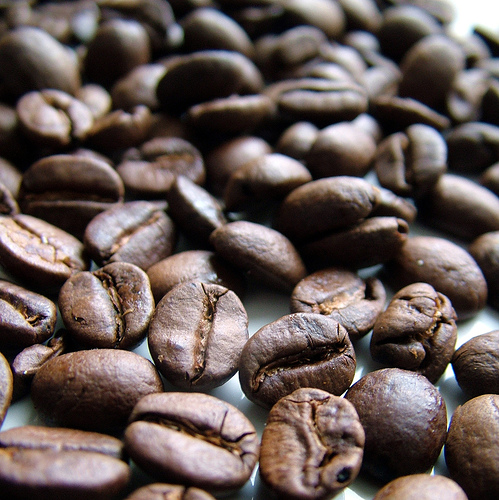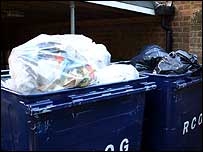Like many other aspects of international development (microfinance, I’m looking at you), there is a wealth of literature on the value and outcomes of fair trade and for the most part, the results have been inconclusive. That’s not to say that there haven’t been some positive impacts, but like microfinance there are some definite drawbacks and perverse incentives and ultimately the success is not as widespread as some might like us to believe.
As far as fair trade goes, many of the Least Developed Countries (LDCs), most of which happen to be in Sub-Saharan Africa and are the ones that policies such as fair trade are intended to help, are not doing much to raise local incomes. According to IPS News, while the market for fair trade goods on the consumer end is growing (almost 40% year over the last five years), this growth has done little to benefit LDCs in Africa.
Although the article is somewhat scant in its analysis, it does mention that while fair trade seems to have faired better in Asia and Latin America, there was a specific program in Mali that failed due to lack of production expertise. This failure is similar to that of why microfinance often fails, and that is based not on a lack of financing but a lack of training (or any number of other difficult to control, variables).
Also mentioned in the article is that fair trade is often just looked at as issue regarding producers but in fact it impacts (or should impact) the entire supply chain, which is much more complicated than simply targeting growers of an agricultural product.
While I am not a die-hard free market proponent I do wonder about the sustainability in the long run about the role of subsidies in developing markets, particularly (and inevitably) when those “subsidies” are taken away. I’d like to think that business should do what’s good for them and their suppliers. Although Starbucks gets a lot of press for their coffee sourcing (often negative) they have set up a “fair trade” type scheme that works within their mission and business plan, rather than fully outsourcing to a fair trade certification organization (or company…for profit one’s do exist) that has rigid guidelines but does not understand the nuances of the businesses with whom they are working.
This is a simple analysis of a very complex and somewhat contentious issue. I hope to bring more depth to this conversation in near future.
Image Credit by datenhamster.org via Flickr under a CC license




The Fair Trade system is unclear, as I ask the same question.
Coffee farmers are still on the same thread while strong branding also claim that ‘they’ are adopting with the system.
The Fair Trade system is unclear, as I ask the same question.
Coffee farmers are still on the same thread while strong branding also claim that ‘they’ are adopting with the system.
wha?? all ii wanted 2 know iis iif faiir trade faiir or not?
buh readiing all that didn’t help at all!!! x soz